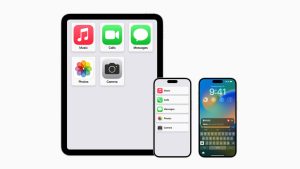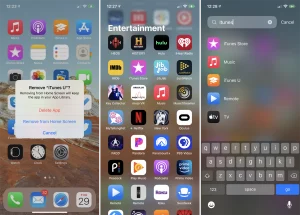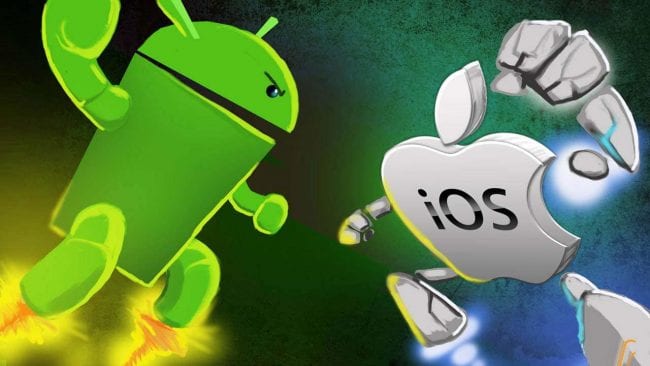This content is designed for smartphone users who are considering the differences between iPhones and Android devices. Individuals seeking insights into the unique features of iPhones that set them apart from Android devices will benefit from this article. Introduction: Making the Distinction – iPhones vs. Android Devices In the smartphone realm, the iPhones vs. Android
This content is designed for smartphone users who are considering the differences between iPhones and Android devices. Individuals seeking insights into the unique features of iPhones that set them apart from Android devices will benefit from this article.
Introduction: Making the Distinction – iPhones vs. Android Devices
In the smartphone realm, the iPhones vs. Android debate persists, intriguing tech enthusiasts and everyday users. Both offer varied features, yet iPhones surpass Android in specific aspects. This article explores four unique iPhone features, showing why they’re preferred by many.
Haptic Feedback: A Touch Above Android
Imagine a world where your smartphone communicates with you through vibrations, enriching your interactions in subtle yet impactful ways. This is where iPhones stand out, specifically in their haptic feedback prowess. The tactile experience offered by iPhones, thanks to Apple’s remarkable Taptic Engine, has an unparalleled naturalness and consistency. From the nuanced vibrations mimicking ringtones to the delicate haptics accompanying Face ID usage, iPhones offer a sensory delight that Android devices often struggle to match.

Image by:https://www.imec-int.com/
The Setup Process: Seamless Personalization with Ease
The journey of a new smartphone begins with its setup, a process that can either be a hassle or a breeze. Apple’s commitment to user convenience shines through in their setup process. With an iOS device, it’s a seamless transition, facilitated by your Apple ID. Every aspect, from contacts and calendars to app layouts and system settings, is effortlessly replicated, making your new iPhone feel like an extension of your digital self. This level of comprehensive personalization puts iPhones in a league of their own, surpassing the capabilities of Android devices.

Image by:https://www.apple.com/
Third-Party Software Security: The App Store Advantage
Security and quality are paramount in the app ecosystem, and here, the App Store emerges as a frontrunner. Apple’s stringent app review process ensures that only top-tier applications make their way to the store, setting a high standard for functionality and security. This is where Google Play falls short, allowing a higher number of low-quality and potentially malicious apps to infiltrate its ranks. The controlled environment of the App Store, coupled with the complexity of sideloading apps on iOS, shields iPhone users from the pitfalls that Android users may encounter.

Image by:https://www.bitsight.com/
Built-In Apps and Features: Apple’s Elegance and Efficiency
In the world of operating systems, built-in apps and features play a pivotal role in enhancing user experience. Here, iOS outshines Android with its meticulously crafted suite of offerings. While opinions may vary, Apple’s built-in apps and features have an edge, whether it’s the seamless document signing via Markup, the rich functionalities of iMessage, or the comprehensive password management in Keychain. Furthermore, the Shortcuts app introduces a new level of automation to iPhones, streamlining daily tasks with finesse.

Image by:https://www.pcmag.com/
Conclusion: An Informed Choice for the Modern User
As you navigate smartphone options, it’s vital to decide wisely based on your preferences. iPhones go beyond being devices; they offer an ecosystem excelling in haptic communication, easy setup, strong app security, and elegant built-in features. While Android devices have strengths, iPhones stand out for their reliability, innovation, and smooth user experience. Your choice depends on your lifestyle and preferences. With these insights, you’re better prepared to make the right decision for your digital journey.

















Leave a Comment
Your email address will not be published. Required fields are marked with *